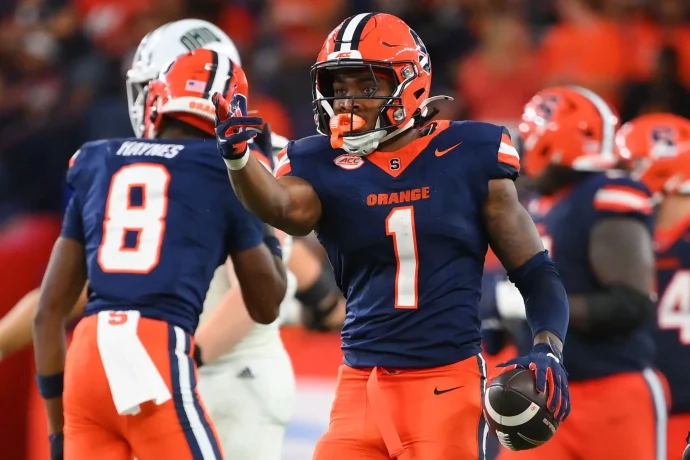Boston hosted the National Council of Legislators from Gaming States (NCLGS) summer conference last week. To no one’s surprise, the Bay State’s ongoing effort to legalize sports betting was an area of interest throughout the four-day event.
Unfortunately, the most optimistic remarks by Rep. Jerry Parisella, one of the six conference committee members trying to hash out a deal from the disparate sports betting bills produced by the House and Senate, included the word “hopeful.”
Parisella said that sports betting is a question he is often asked about, telling attendees, “I’m hopeful we can get it done before the session ends.”
Massachusetts has a soft deadline of July 31 to reach a deal on legalized sports betting. A single legislator could stop anything emerging from the committee after that date.
This For That
According to Parisella, there is a lot of horse-trading occurring, and some of that trading has nothing to do with sports betting, something former Michigan Rep. Brandt Iden said is often the case in these negotiations:
“Having been around a lot of these conversations, there’s always a lot of other horse-trading that goes on behind the scenes. There are always other bills that lawmakers want. There’s always other issues individual members are focused on for their district, something that’s really important to them in their districts. And they may trade votes for something like sports betting, which they may not care about as much.”
A Smorgasbord Of Issues
Massachusetts looks like the perfect sports betting candidate on paper.
The state has super-majorities in both chambers of the legislature. The governor fully supports legalization. Massachusetts is also surrounded by mobile sports betting states. It is home to land-based casino operators heavily invested in sports betting and is the headquarters of DraftKings.
But as the sports saying goes, games aren’t played on paper. Massachusetts lawmakers are not on the same page regarding structuring the industry, with a clear dividing line between structuring an industry-friendly market and robust consumer protections.
The Massachusetts sports betting conference committee needs to broker a compromise on the following issues:
- Licensing structure: The House bill makes untethered mobile licenses available. While the Senate bill provides a pathway, it has a less clear licensing system for non-casino operators.
- Tax rates: The House rate is 12.5% for retail and 15% for mobile. The Senate rate is 35% across the board.
- Advertising restrictions – The Senate bill includes the strictest advertising restrictions in the country, including a whistle-to-whistle ban during sporting events and a provision that requires 85% of the audience is 21-plus.
- Wagering on college sports: The House allows betting on college sports, while the Senate prohibits all betting on college sports, not just in-state schools.
- The use of credit cards: The House allows consumers to deposit and withdraw funds via credit card. The Senate prohibits using credit cards but allows customers to use debit cards.
Another Stumbling Block Appears
A new (to the public) issue also arose during the conference.
Dave Friedman, Executive VP of Legal and Government Affairs for the Boston Red Sox, brought up an issue that has been a topic of backchannel chatter for months; a more hands-on role for sports franchises and venues.
Per Legal Sports Report, Friedman said the following at the NCLGS conference on Sunday:
“We’re focused with the leagues and the other pro teams on a different concept which is what some states like Illinois, Arizona, Washington DC, Virginia and Ohio have done, which is to say when you have licenses for sports betting, give the pro teams or venues a licensing opportunity whether you’re the license holder or whether with a partnership with an operator.”
Looking Ahead To 2023
To pass a sports betting bill in 2022, Massachusetts has a lot to work to do and little time remaining.
If the conference committee fails to broker a deal, the same issues will still be present in 2023, and possibly one more.
Gov. Charlie Baker is not seeking reelection, which means Massachusetts will have new leadership that may not be as amenable to sports betting. Gubernatorial frontrunner Maura Healey, the current Massachusetts Attorney General, has expressed support for legalized sports betting. Still, it’s unclear if her vision of sports betting aligns with the House or the Senate.





